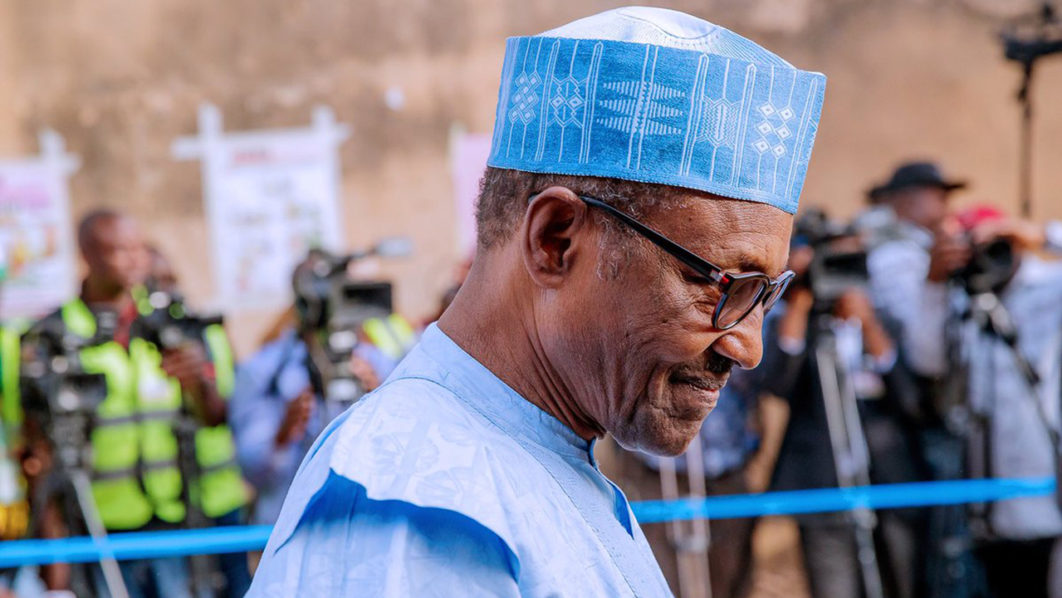
•Accuse President of reneging on promises
• Nigeria still struggling to meet 35% affirmative action
More women have tackled President Muhammadu Buhari for not keeping to his promise to empower Nigerian women and ensure that the rights of women as guaranteed by the Constitution are protected.
Among the grievances is the N58 billion allocated to Women Economic Empowerment (WEE) in the 2023 budget, an amount women advocates said falls short of what is required to implement projects targeting women.
While they vowed to continue to fight through advocacy, the advocates urged the government to increase the paltry allocation, insisting that women are critical to nation-building and economic development.
The share of WEE allocation to the spending is 0.27 per cent, and amounts to a 43 per cent reduction from the 2022 WEE allocation, which stood at N103 billion.
The WEE budget increased from N15 billion in 2019 to N25 billion in 2020. In 2021, it was N51 billion and jumped approximately 100 per cent to N103 billion last year before it was reduced to N58 billion.
The total number of WEE projects also increased from 275 in 2019 to 285 in 2020, 645 in 2021 and 938 in 2022. It, however, fell to 122 in the proposed 2023 budget.
WEE is described as a transformative process by which women and girls go from having limited power, voice and choice at home and in the economy to having the skills, resources and opportunities needed to access and compete equitably in markets and the agency to control and benefit from economic gains.
President Buhari in his manifesto on his plans for Nigerian women, before the assumption of office in 2015, reiterated his commitment to the advancement of Nigerian women in the country and in the Diaspora.
He guaranteed that women would be adequately represented in government appointments with assurances to provide greater opportunities for females in education, job creation and economic empowerment.
“I will recognise and protect women’s empowerment and gender equality with special emphasis on economic activities in the rural areas. I will use the party structures to promote the concept of reserving a minimum number of seats in the states and the National Assembly for women.
“Women all over the world are playing an ever-increasing role in moving their nations forward both in and outside government. In keeping with the times, my government will ensure that Nigerian women are allowed to rise and play more prominent roles in moving our great nation forward,” he said.
The wife of the President, Aisha Buhari and Minister of Finance, Budget and National Planning, Zainab Ahmed, had stressed that it was crucial to take a long-term and strategic approach to ensuring that women were economically empowered to build an inclusive economy.
Ahead of the general year, the First Lady called for the election of more women into important offices, noting that when that happens, it would become easier to empower Nigerian women for the much-needed leadership.
Mrs Buhari said the governors would be held responsible if women did not get the 35 per cent affirmative action in political appointments and administration.
Assessing Buhari’s promises to women, The Guardian gathered that the majority of his promises to women were not fulfilled. These include the National Gender Policy (NGP) Affirmative Action (AA) that demands that 35 per cent of women should be involved in all governance processes.
To fill the gap, more women, associations, groups and NGOs have called for specific legislation, compelling the government to give adequate opportunities to women.
President of the National Council for Women Societies (NCWS), Lami Adamu, said the WEE allocation suggests that women are not on the priority list of the government, stating that WEE must be prioritised to enable women to harness their full potential and contribute actively to the economy.
Noting that no country can develop without adequate investment in women, she said: “We were alarmed to see that despite Mr. President’s commitment to the economic advancement of our women, there is almost no money in the budget to support women.
“Not only has the money for women programmes been cut, there are also fewer Ministries, Departments and Agencies (MDAs) carrying out WEE programmes in 2023 compared to 2022. The 2023 budget for the Ministry of Women’s Affairs was slashed compared to 2022 when N19 billion was budgeted for the ministry as against N2.1 billion allocated to it this year.”
Experts said empowering women in the economy and closing gender gaps in the world of work are key to achieving the 2030 Agenda for Sustainable Development and achieving the Sustainable Development Goals, particularly Goal 5.
A survey by PwC Nigeria said Nigerian women account for 41 per cent of the ownership of micro-businesses in Nigeria with 23 million female entrepreneurs operating within the segment.
Consequently, the Chief Economist of PwC Nigeria, Dr. Andrew Nevin, said despite the high level of female entrepreneurs relative to most countries, some challenges and barriers limit women from scaling up their businesses.
Noting that in the formal sector, very important results are emerging as women own only 20 per cent of enterprises in the formal sector in Nigeria.
“Only about 12 per cent of directors on corporate Boards of Directors are women and taken all together, at the rate Nigeria is changing on these critical dimensions, the Nigerian gender gap in the economy will only close in about 100 years,” Nevin said.



